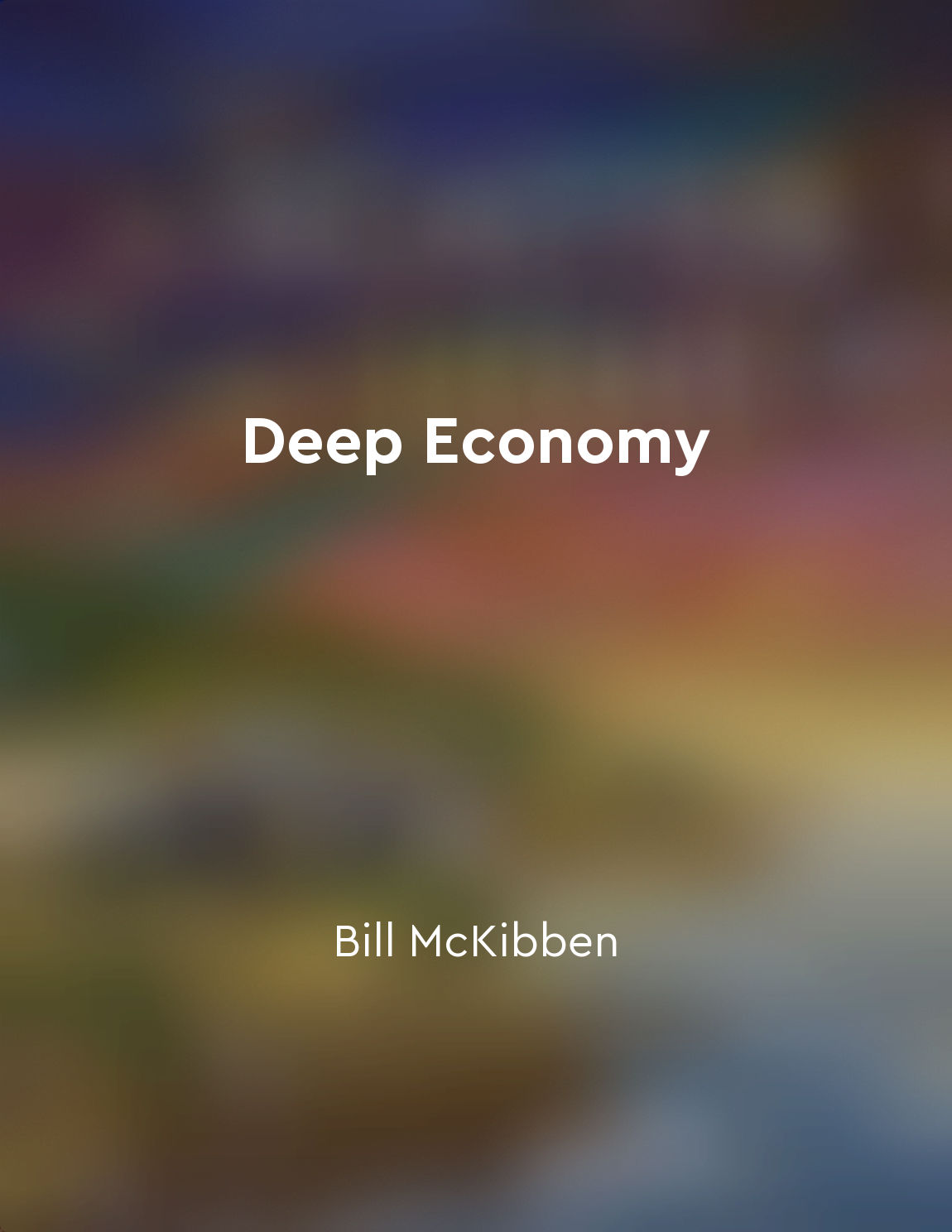Spending time in nature can improve cognitive function from "summary" of The Nature Fix by Florence Williams
Florence Williams explores the idea that spending time in nature has the potential to enhance cognitive function. She delves into the various ways in which nature can positively impact our brains, from improving memory and attention span to boosting creativity and problem-solving skills. One of the key reasons behind this cognitive boost is the concept of attention restoration theory. According to Williams, our brains have two types of attention: directed attention, which requires focus and effort, and involuntary attention, which is more automatic and effortless. When we spend time in nature, particularly in green spaces, our brains are able to shift to using involuntary attention, giving our directed attention a much-needed break. This mental reset allows us to recharge and improve our cognitive abilities. In addition to attention restoration theory, Williams also discusses the role of nature in reducing stress and anxiety, which can have a direct impact on cognitive function. Being in natural environments has been shown to lower levels of cortisol, a stress hormone, and activate the parasympathetic nervous system, promoting relaxation and a sense of calm. This reduced stress can lead to improved cognitive performance and clarity of thought. Furthermore, exposure to nature has been linked to increased creativity and problem-solving skills. Williams explains that nature stimulates our minds in unique ways, encouraging us to think outside the box and come up with innovative solutions to challenges. Whether it's the sight of a beautiful landscape or the sound of birds chirping, nature has a way of inspiring creativity and enhancing cognitive flexibility.- Williams makes a compelling case for the cognitive benefits of spending time in nature. By tapping into attention restoration theory, reducing stress and anxiety, and fostering creativity, nature has the power to sharpen our minds and improve our cognitive function in meaningful ways. Embracing the natural world may just be the key to unlocking our full cognitive potential.
Similar Posts
Setting clear boundaries helps protect energy reserves
Setting clear boundaries is a critical aspect of managing our energy effectively. When we fail to establish boundaries, we leav...
Finding refuge in the wilderness
In the vastness of the wilderness, one can find solace and a sense of refuge that is unmatched by any man-made construct. It is...
Gratitude is a powerful tool for attracting positivity
When we express gratitude, we are essentially acknowledging the good things in our lives. By focusing on what we are thankful f...

Eating whole, natural foods is essential for our wellbeing
To truly thrive, we must fuel our bodies with the right kind of food. It all comes down to eating whole, natural foods. These f...
Embrace change as an opportunity for growth
Change can be scary. It can be daunting to step into the unknown, to leave the comfort of what we know behind. But what if we w...
Cultivating meaningful relationships is essential for emotional wellbeing
In the grand scheme of life, one of the most crucial elements for our emotional wellbeing is the cultivation of meaningful rela...
Brain imaging can provide valuable insights into brain health
Brain imaging, such as SPECT scans, can offer a window into the inner workings of the brain, providing crucial information abou...

The pursuit of endless growth is unsustainable
Our current economic system is built on the premise that endless growth is not only possible but necessary. We are constantly b...
Developing a positive mindset can boost our ability to concentrate
When we approach our tasks with a negative mindset, we are setting ourselves up for failure before we even begin. Negative thou...
Embracing failure as a learning opportunity can fuel your creative growth
When we fail, it can be a blow to our confidence and motivation. It's easy to become discouraged and want to give up. However, ...

